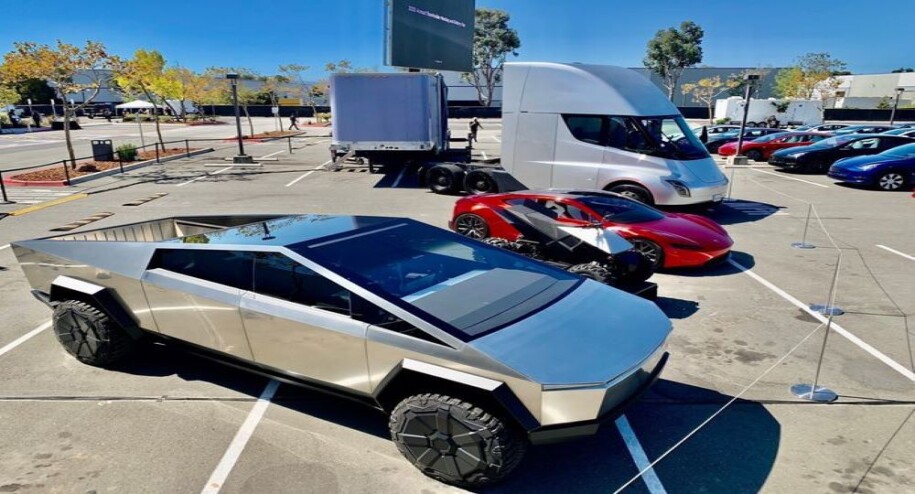If the federal government gets its wish, North Islanders will all be driving non-gas-powered cars and trucks in the near future. Known as zero-emissions vehicles (ZEVs), they include fully electric, hydrogen fuel cell, and plug-in hybrid vehicles.
In late June, Transport Canada announced plans to reach 100 percent ZEV sales in Canada by 2035, moving up from the previous target of 2040.
Transportation is a big polluter. It accounts for roughly ¼ of all carbon emissions in Canada. Transportation in BC generates even more pollution – a third of all our greenhouse gas emissions.
The auto industry, and government regulators, have historically dragged their feet on electrification with the encouragement of big oil. But the market is rapidly shifting toward greener technology.
Alberta-based energy and climate watchdog Pembina Institute welcomes the new target. However, Pembina says without policy to back it up, Canada is unlikely to meet this goal.
The feds need “to establish a clear pathway, with interim targets,” said Pembina Institute analyst Cedric Smith in a June 30 news release. “Without action on a mandatory zero-emission vehicle standard, it is unlikely that Canada will meet these sales targets.”
Lack of supply and choice of ZEVs remains the biggest barrier to shifting consumer demand and taking a bite out of Canada’s largest single source of greenhouse gas emissions. According to Smith, Canada needs a stronger policy to compel automakers to make a wider range of ZEVs available to dealerships.
“Standards in other jurisdictions have been proven to increase the supply of ZEVs, and in turn, speed up their uptake, and we hope Canada will soon follow suit,” Smith said.
In 2016, Quebec was the first Canadian province to adopt a ZEV Act, joining at the time 10 US states with similar legislation making mandatory targets for increasing ZEV sales. In 2019, BC enacted its own laws mandating escalating annual percentage targets of new light-duty ZEV sales and leases to 10% by 2025, 30% by 2030 and 100% by 2040.
Last March, Mosaic Forest Management announced plans to test several Tesla electric-powered semi-trucks for log hauling on Vancouver Island. Then, in May, Swedish startup Einride raised $110 million to expand North American sales of its autonomous electric semis, including its futuristic T-log electric logging truck. The T-Log has no cab or engine, just upright supports to hold the logs in place.









